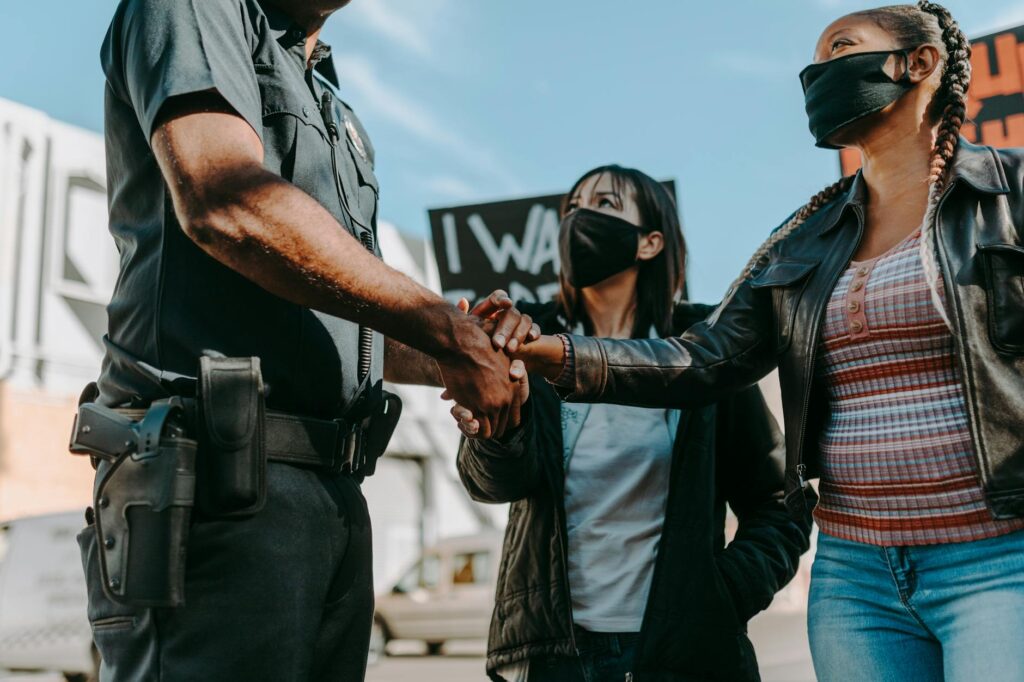WaPo Stands Up for Clowns—Says Trump Doesn’t Make the Cut
You know how sometimes you read something that makes you do a double-take? That’s exactly what happened when The Washington Post recently came out swinging—not against clowns, but for them. And here’s the kicker: they argued Donald Trump doesn’t even qualify as one. I mean, talk about unexpected takes. The op-ed was equal parts hilarious and scathing, basically saying calling Trump a clown is an insult to actual clowns. But beyond the political jab-fest, it makes you wonder: when does name-calling stop being clever and start being just lazy?
Why Clowns Deserve Better
So here’s the thing—the article, written by some culture writer who clearly takes clowning seriously, makes this passionate case that clowns are actually legit artists. They’ve got history, skill, and purpose. They make people laugh with them, not at them (big difference). Trump? The piece argues his whole chaotic vibe—the rants, the insults, the drama—isn’t clowning. It’s just… chaos. “Clowns train for this,” the writer says. “They follow traditions. What Trump does? That’s just winging it.”
And honestly, they’ve got a point. Think about it: clowns have been holding up mirrors to society for ages. Court jesters back in the day could say truths nobody else dared to. But Trump’s whole act? Feels more like he’s trying to be the show rather than comment on it.
Why “Clown” Stuck to Trump in the First Place
Let’s be real—this isn’t new. People have been calling Trump a clown since, what, 2015? His rallies feel like a circus sometimes—the crowd work, the over-the-top gestures, the way he leans into insults like a stand-up comic. But here’s the question: is it fair, or just the easiest insult in the book?
His critics say it fits because he breaks every rule and cares more about the show than the substance. His fans? They roll their eyes and say it’s just the establishment being salty. And that’s the real issue: how do you describe someone who doesn’t fit the usual political mold without just slapping a lazy label on them?
Actual Clowns Aren’t Having It
No surprise here—professional clowns are pissed about the comparison. I reached out to a couple, and let me tell you, they were not amused. One guy from the World Clown Association (yes, that’s a thing) told me, “We train for years. It’s about joy, not division.” Another said, “People think clowning is just screwing around, but there’s technique to it. Timing. Empathy.”
And that’s the thing that gets me—when we reduce everything to cheap shots, we lose the nuance. If every politician is a “clown,” does the word even mean anything anymore? Or worse, does it let actual concerning behavior off the hook by making it seem like a joke?
The Bigger Problem with Political Name-Calling
Look, Trump’s not the first politician to get compared to an entertainer. Remember “Tricky Dick” Nixon? “Sleepy Joe” Biden? Nicknames stick. But these days, with everything so hyper-polarized, words feel heavier. Labels turn opponents into cartoons—literally, in this case.
And the media plays into it too. Clickbaity headlines love a good circus metaphor, but at what cost? The WaPo piece, weirdly enough, is pushing back against that. If we’re gonna criticize, let’s at least do it properly.
Twitter, Of Course, Lost Its Mind
You can guess what happened next. Twitter exploded with hot takes—some people cracking up (“Clown rights finally getting recognition!”), others actually debating whether we should retire the insult entirely. Reddit had a field day with meme comparisons between Trump and famous clowns. Half the posts were like, “See? Perfect match.” The other half were like, “Don’t do Bozo dirty like that.”
Which just proves the point: even humor is partisan now. One side’s witty burn is the other side’s cheap shot.
So What’s the Takeaway?
At the end of the day, this whole weird clown debate isn’t really about clowns. It’s about how we talk about power. Should we stop calling politicians clowns? Maybe. But more importantly, we should think harder about the words we use. Because whether it’s jokes or serious criticism, language shapes how we see leaders—and how we do democracy.
Bottom line: Next time you’re about to call some politician a clown, ask yourself—are you making a point, or just adding to the noise?
If You Found This Interesting
- How nicknames like “Crooked Hillary” or “Lyin’ Ted” stick in voters’ minds
- The weird history of clowns—from court jesters to creepy horror villains
- Other times politicians got compared to entertainers (remember Reagan the actor?)
Source: NY Post – US News

